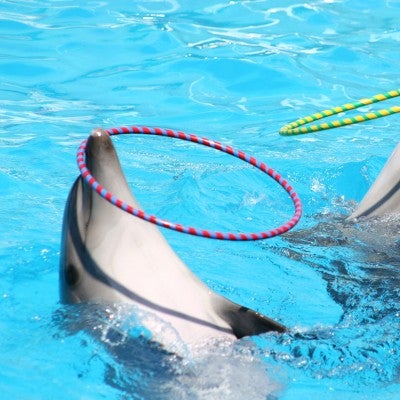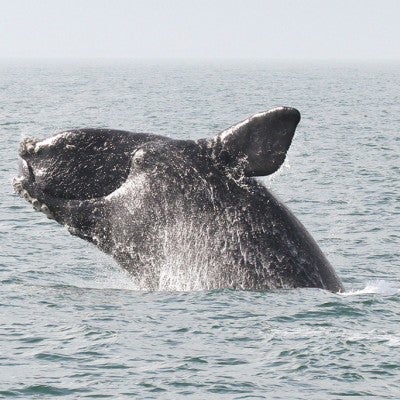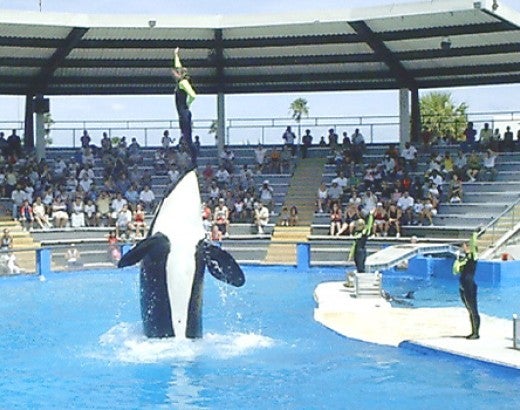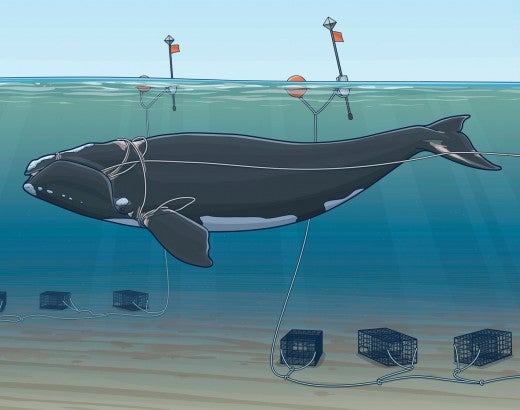Blue and fin whales are among Earth’s largest animals. Some whales, including humpbacks and minkes, sing haunting songs. They deserve to flourish again in safe, unpolluted oceans. Some species of whales evolved from sharp-toothed carnivores into behemoths who strain their diet of tiny plankton from the sea, using specialized plates called baleen.
Two centuries of intense hunting decimated whale populations until 1982 when public outcry led to a cessation of killing by most nations. Even after the moratorium, Japan, Iceland and Norway continue to hunt whales, despite few markets for their oil, blubber and meat. Ship strikes, entanglements in fishing gear and pollution hurt the recoveries of these slow-to-reproduce mammals.

Humpback songs vary across regions of the sea and different whale “cultures.” Scientists researching their role in communication theorize the songs may enable males to attract mates.

SeaWorld plans to end the breeding of killer whales at its facilities and will not have orcas in any new parks opened around the world. Help spread this momentous change to other aquatic parks by not attending dolphin, whale or other marine mammal shows.



